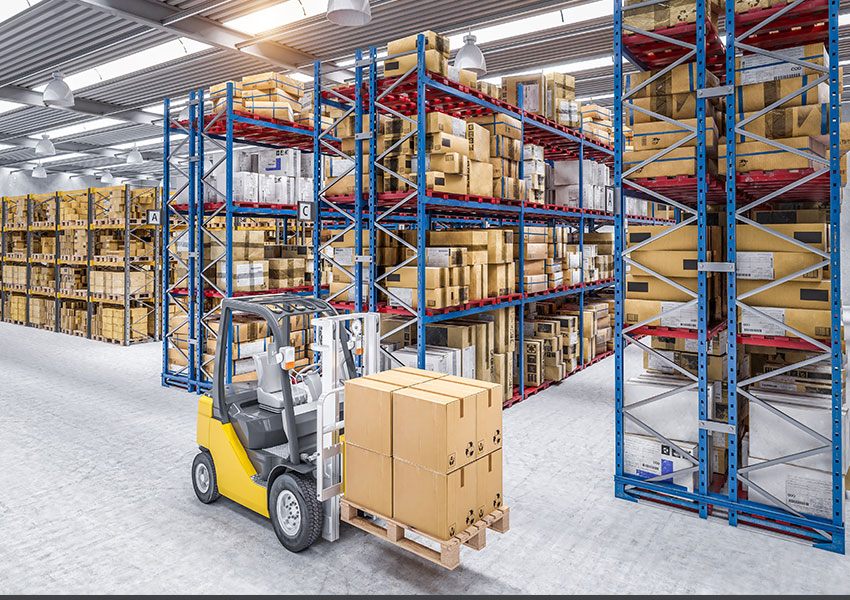Tips For Finding Wholesale Suppliers For Amazon FBA

If you're leaning towards the Amazon FBA model, a key aspect that will determine your success is your ability to source quality products at competitive prices. This means forging strong relationships with reputable wholesale suppliers. Here are practical tips to assist you in finding the right wholesale for Amazon FBA.
Researching the Market
Before diving into the search for suppliers, take the time to research the market. Understand the products that are in demand, their price points, and the general trends. Having a clear idea of what you want will narrow down your search and help you communicate effectively with potential suppliers.
Attending Trade Shows
Trade shows are a goldmine for anyone looking to establish contacts in the wholesale industry. By attending, you get to meet multiple suppliers in one place, examine products firsthand, and initiate business discussions. It's an excellent opportunity to network and potentially discover unique products that might not yet be on Amazon.
Exploring Online Wholesale Directories
There are several online directories where you can find a list of suppliers categorized by product type. While these directories can be beneficial, it's essential to do your due diligence. Not every supplier listed may be the right fit for your Amazon FBA business.
Approaching Brands Directly
If you have specific brands or products in mind, consider approaching the brand or manufacturer directly. In some cases, they might be open to selling to you wholesale, or they can direct you to their authorized distributors.
Verifying Supplier Credibility
Once you've identified potential suppliers, it's crucial to verify their credibility. Check for references, read reviews, or even consider visiting their operations if feasible. Ensuring you're partnering with a reputable supplier can save you from potential headaches down the road.
Understanding Minimum Order Quantities (MOQs)
Most wholesalers have a minimum order quantity. This means you'll need to purchase a certain amount of product to do business with them. Before committing, ensure that their MOQ aligns with your budget and selling strategy.
Negotiating Terms
Don't shy away from negotiating terms with your suppliers. Whether it's the price, payment terms, or delivery timelines, having open communication can lead to a mutually beneficial relationship. Remember, the better the cost you get, the more competitive you can be on Amazon.
Checking Product Quality
Always prioritize quality. It might be tempting to go for a supplier offering incredibly low prices, but if the product quality isn't up to the mark, it can harm your reputation on Amazon. Consider ordering samples before placing large orders to ensure the product meets your standards.
Building Long-Term Relationships
The relationship with your supplier doesn't end once you've placed your order. Nurturing this relationship can lead to better deals, insights into upcoming product trends, and a more seamless supply chain. Regular check-ins, prompt payments, and transparent communication can solidify this business relationship.
Staying Updated with Market Trends
The e-commerce world, especially a platform like Amazon, is dynamic. As a seller, staying updated with market trends will give you insights into potential new products to stock. Regularly revisiting your supplier choices and ensuring they align with market demands will keep your Amazon FBA business relevant and competitive.
